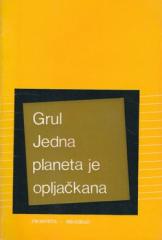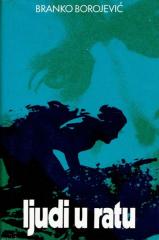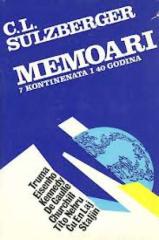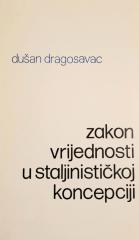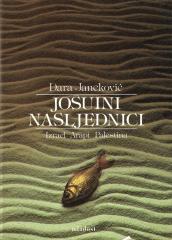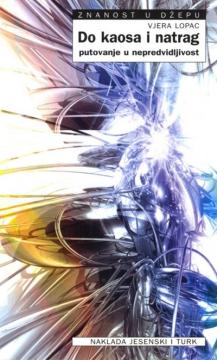
Do kaosa i natrag (putovanje u nepredvidljivost)
What do planetary motions, heartbeats and locust infestations have in common? The answer is chaos.
About forty years ago, this word, which means commotion, disorder and unpredictability, crept out of classical mythology, traffic reports and crowd psychology, to begin an independent life as a new scientific world view. From this concise account of Faith Lopac, To chaos and back - a journey into unpredictability, we learn how, at the end of the nineteenth century, chaos theory arose after Henri Poincaré tried to answer the question of whether the solar system is stable. Then, almost forgotten, the theory continued its life in the form of mathematical abstractions, only to be suddenly resurrected in all branches of human experience and cognition in the sixties of the last century. Chaos theory reveals to us that in the phenomenal world regular and repeatable events are only an exception, and that the outcome of events cannot be predicted with certainty, even if the laws of events are known. However, the order and strange regularity of the unpredictability is astonishing. If dawn overcomes analytical abstraction, the laws of chaos lead us to new geometry and to the most beautiful images we can imagine - fractals. We also learn a little about chaos in very simple systems (like a billiard ball or in a gravitational field), about chaos in meteorological, medical and biological data, and about whether chaos exists in the atomic world. And in the end, when we selfishly ask ourselves: What is chaos to us, and what are we to chaos?, the theory of chaos will convince us that the laws of nature - supported by mathematical immutability - concern us all.
One copy is available

